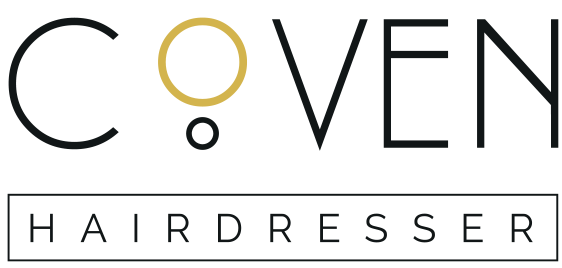Electronic signatures are used to add a layer to legal binding and trusted verification to important documents, like contracts and agreements. Through automation of business processes, electronic signatures speed up the turnaround time, while saving money and improving efficiency. They also assist businesses in meeting requirements of federal, state and industry compliance requirements.
There are a variety of different e signature technologies, but the most secure options are certificates-based digital signatures that meet the standards of a number of heavily regulated industries and countries. These solutions rely on public key Infrastructure (PKI) to create an authentic certificate of signature that is linked with the signatory’s electronic ID. This link authenticates the signature and ensures that only the person signing it can access the private key used to validate it.
Aside from the added security, these varieties of e signatures also have many other benefits that allow them to stand out from more basic alternatives. These include audit trails, encryption, and other security features in the backend that help to ensure authenticity. They can also include pen and ink strokes to make it more familiar to the user.
Apart from speeding workflows and removing the necessity for paper, electronic signatures can also improve the efficiency of teams and delight employees, customers, and other stakeholders by providing seamless and paper-free experience that is easy to use on any device. Certain e-signature applications are for instance, which have bulk signing, which allows senior employees to sign regular contracts in a matter of seconds with just a couple of clicks.
